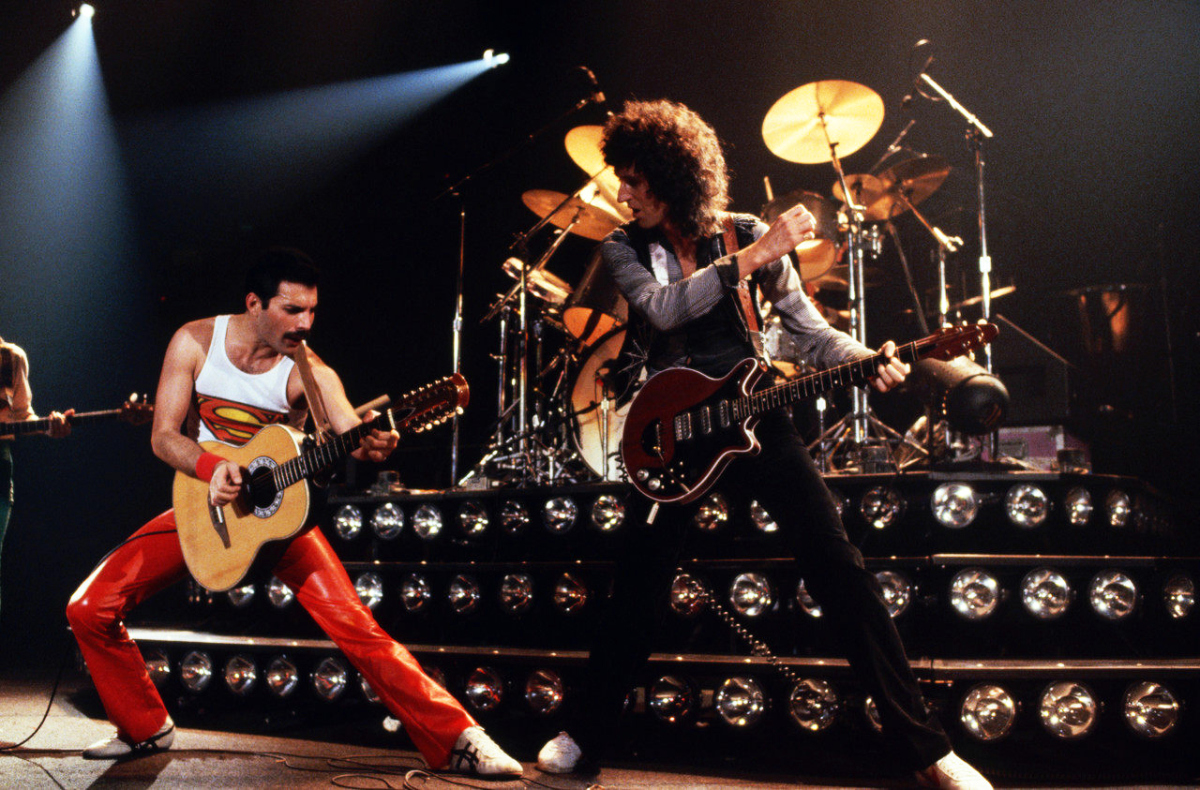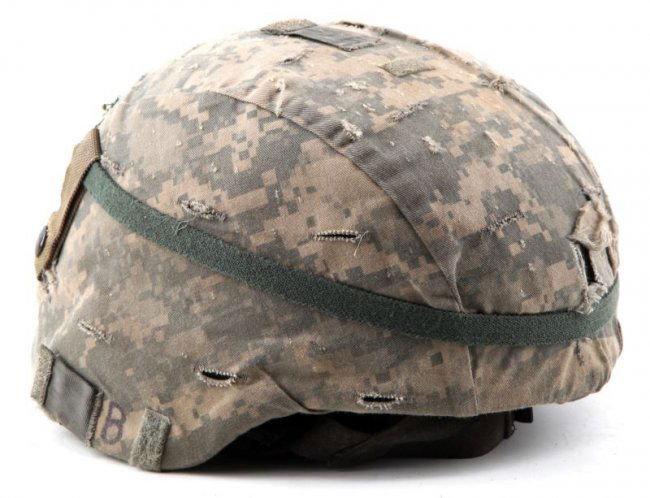C.S. Lewis in 1917
There are two kinds of people in this world:
- Those who think prayer is a monologue.
- Those who think prayer is a dialogue.
[If you are thinking, 'What about people who don't pray at all?' they are in group one. If no one is listening, then prayer is a monologue.]
I have been both at different times in my life. So has C.S. Lewis. The picture above was taken just before he volunteered to serve in World War I. He was 19 years old and did not have to go. Lewis is from Northern Ireland and would not have been drafted. Lewis had recently become and atheist and would remain one for another decade until he became a believer in 1929 and a Christian shortly after.
At about the same age as Lewis, I volunteered for the Vietnam War. Lewis served in that horrible war and was twice badly wounded. He remained an atheist as he recovered from shrapnel wounds. I never got closer to the Vietnam War than western Utah. But like Lewis I was injured in an explosion. His was hit with German artillery fire. I was close enough to a missile interstage detonator explosion to be blinded by shrapnel and almost lose two fingers.
We both recovered, but in the course of my recovery, I came to faith. The experience of blindness, and not being sure I would see again, made the universe look vast and me feel as small as an oxygen atom.
As I recovered I became a believer and then a Christian. They are very different. Over the four decades since I first believed, I have never stopped being a believer, but have had many struggles with being a Christian. It is not belief in Jesus that was a problem, or the basic principles of faith expressed in the Creeds of the Church for nearly 2,000 years.
My problem was with the culture that has surrounded Christianity in America and through most of western history since Christians took political power. I came to faith in a Baptist Church in Utah. The members of that Church saw themselves as a resistance movement against all the sins of the world and most of modern science and philosophy. The Evangelical Church in America in all of its expressions is anti-intellectual. And in the past half century it has become almost incredibly materialistic, given the life of Jesus.
I quickly became discouraged with trying to be part of a culture that seemed collectively delusional. Just when I was ready to give up completely, a military chaplain on our base in Germany gave me a copy of C.S. Lewis' "Mere Christianity." The day I got the book our unit was going to Heidelberg to watch fireworks. I read the book on the bus, then ignored the fireworks and read the book on the bridge where we went to watch.
Reading that book convinced me to leave the Army at the end of my enlistment and go to college full time. I wanted to be a Christian with a brain like Lewis.
I did go to college and eventually read all of the 40 books C.S. Lewis wrote, many of them several times. This reading of "Letters to Malcolm: Chiefly on Prayer" might be the fifth time I read this wonderful, practical book.
Most of us feel the urge to pray and then feel modern life and thinking fight against the urge. Does prayer for the sick really make sense? Could any sane parent keep her sick child at home and pray instead of going to a doctor? In a series of "letters" to a friend on prayer, Lewis talks about how he prays. He also talks about how and why he struggles with prayer.
Of course, the book has nothing to say to people who do not believe in God, but it does show how a sane and brilliant man who fervently believes in God prays.











